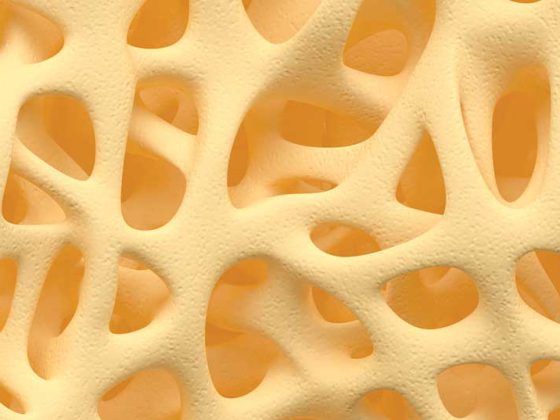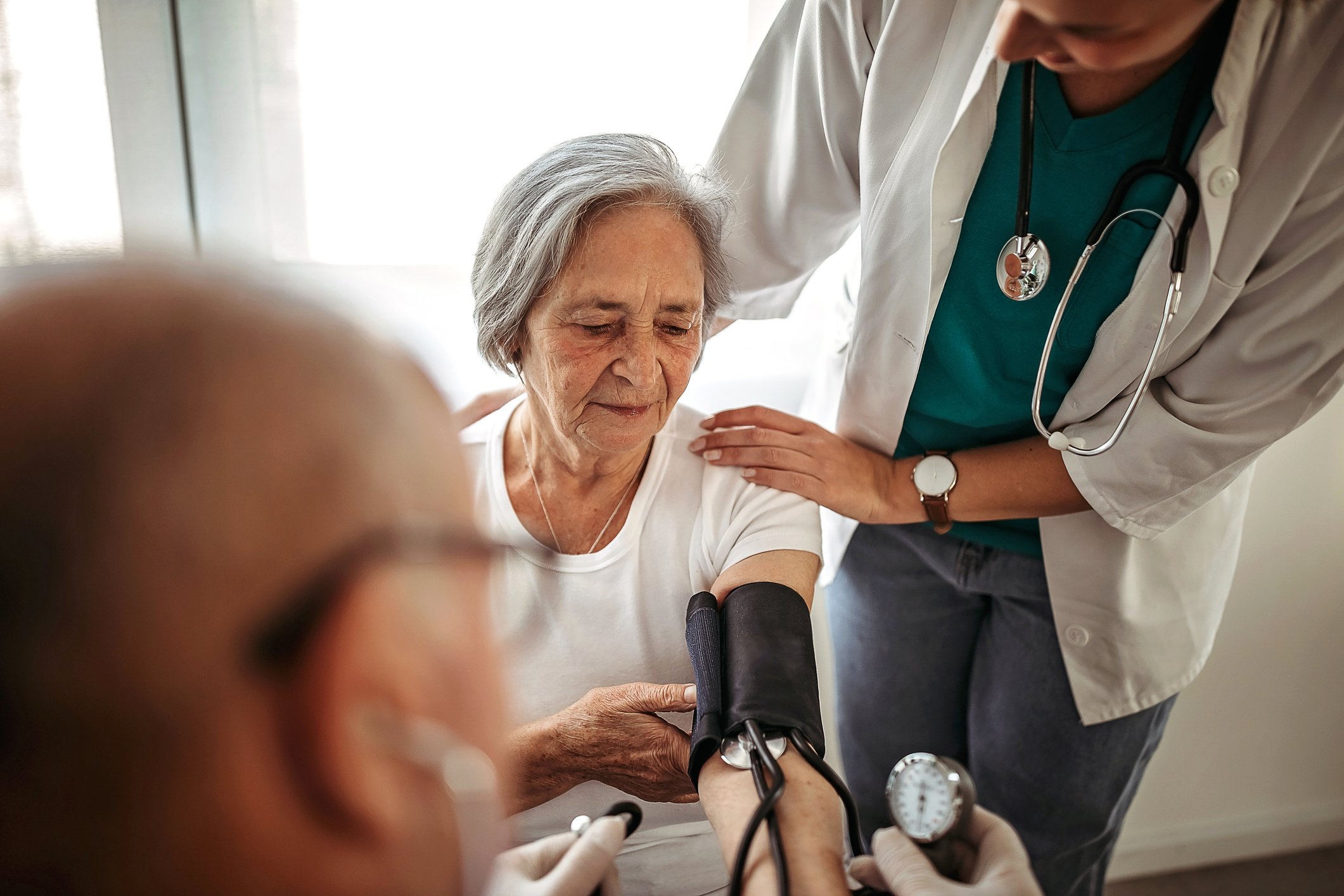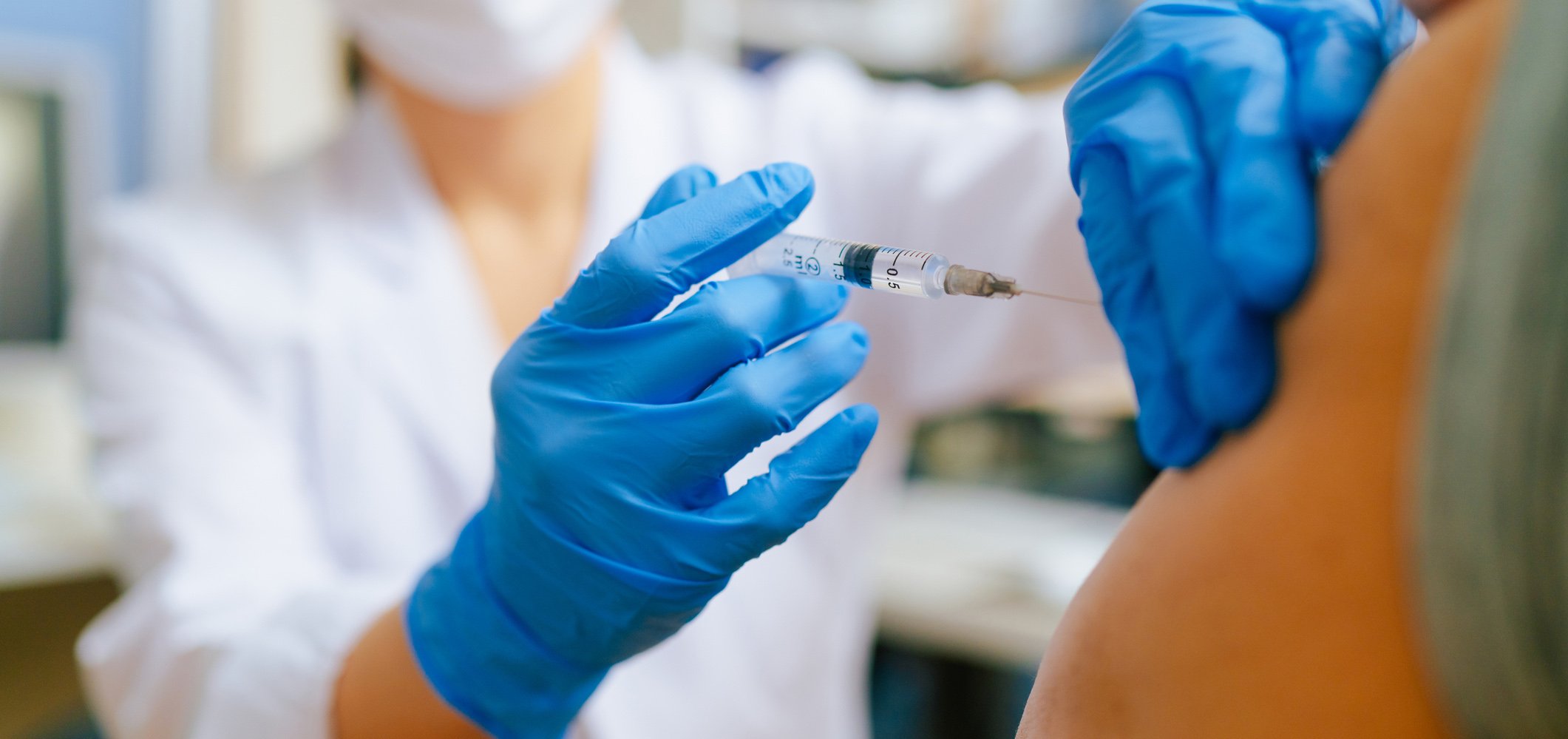Severe skin diseases are nowadays successfully treated with system-modulating or system-suppressive drugs. With the onset of the corona pandemic, dermatologists asked themselves how to proceed with the therapy of systemically acting drugs.
(red) What is the effect of therapy-induced activation of the immune system when a patient becomes infected with Corona? Does the use of biologics favorably or unfavorably influence a COVID-19 course? Can such therapy be started in pandemic times and should an existing one be paused? Patients suffering from neurodermatitis, psoriasis or hives suffer from severe itching and eczema with severe scaling or wheals. From the point of view of the inflammatory pattern and treatment, they are different diseases. She connects that biologics have been successfully used for their treatment for several years. Many patients benefit from these new systemically acting therapeutics that slow down the overreacting immune system.
“In corona infections, activation of the immune system plays a role, although it cannot be said across the board whether more or less of an immune response is good,” says Prof. Tilo Biedermann, MD, President of the German Dermatological Society (DDG). At the onset of the pandemic in spring 2020, dermatologists were concerned with the question of whether to start, pause, or continue systemic therapies with biologics. At the same time, practitioners had to assume that untreated patients with psoriasis and psoriatic arthritis, atopic dermatitis, or hives were very likely to be at somewhat higher risk for a severe COVID-19 course. The assumption was that a successfully treated skin disease could then possibly reduce the risk of a severe corona infection.
However, the answer ‘continue therapy in order to increase protection of people with skin diseases against severe courses of disease’ falls short of the mark. “In the case of neurodermatitis, for example, not all therapies are to be evaluated in the same way. Drugs that specifically reduce the misdirected so-called type 2 immune response have a positive effect against the viral infection,” explains Prof. Biedermann. In contrast, the drugs used for severe skin diseases, which inhibit an immune response more extensively, such as glucocorticoids, cyclosporine, azathioprine or methotrexate, show disadvantages. “In these patients, an individual decision must be made as to whether the therapy should be maintained, changed or adjusted. Any change must always be weighed against the background of a possible worsening of the underlying disease and thus a risk to the patient,” said the DDG president. Maintaining effective therapy is always a priority, he said. Within a year, it became apparent that most biologics used in dermatology could be administered without significant problems during the pandemic. After one year of corona pandemic and the available experience and studies, dermatologists are certain: for the vast majority of patients, there has been no or only a minor impact on the immune response to the virus. Consequently, an effective and indicated therapy for an underlying disease should not be discontinued or paused lightly, and in most cases can be maintained without major concerns.
Source: Schön MP, et al: COVID-19 and immune regulation – from basic and translational aspects to clinical implications. J Dtsch Dermatol Ges 2020; 795-809.
DERMATOLOGY PRACTICE 2021; 31(2): 23












